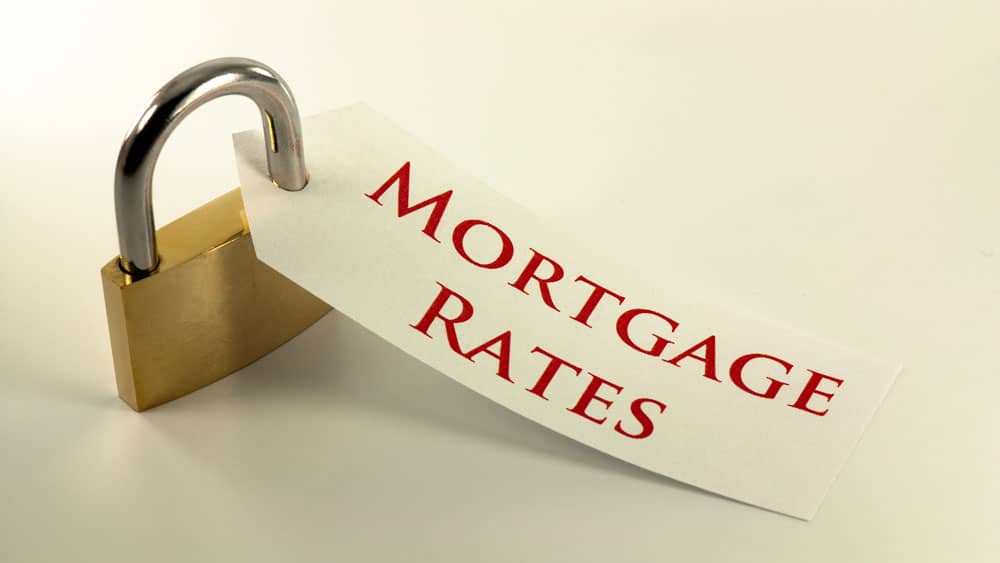Mortgage interest rates are always changing. Even within 24 hours, mortgage interest rates may move up and down, often more than once. These fluctuations can create frustration for homebuyers who want to know that they’re getting the best possible rate. One tool you can use to lock in what appears to be a good rate is a mortgage rate lock. Here’s a closer look at what it means to “lock-in” an interest rate, and how you can use this tool in your search for the right mortgage.
What is a Mortgage Rate Lock?
Once you choose a Lender for your home loan, you have the option to lock in your loan rate after you get loan approval. Doing so locks in the current rate for a short time, such as 30 to 60 days, so you are not penalized if the rates go up before your closing. The rate lock gives you time to plan the closing, inspections, and appraisal without worry about changes to your interest rate. Once you choose to lock in the interest rate, it cannot change if the interest rate changes.
Rate locks might have a required fee. The charge for the rate lock is a fraction of a percent, and it’s often added to the percent you lock-in. The cost is usually worthwhile compared to the savings that come if you lock in a lower interest rate.
What Happens if Interest Rates Drop?
If you lock in a mortgage rate and rates drop, your rate will stay the same, which is a potential drawback of interest rate locks. You would end up with a slightly higher rate if they drop, but you are protected against increases.
To protect against this, you can ask for a float down. This feature gives you one opportunity to snag a lower interest rate if the rates drop during your rate lock period. Not all Lenders offer this feature, as it’s most common with new construction loans that have lengthy rate lock periods. It’s also not something your Lender is likely to advertise; however, it is worth requesting. Without the float down, nothing changes if rates drop, and you have your rate locked in. You will pay the higher interest that you locked in.
What Can Void an Interest Rate Lock?
A few things can void an interest rate lock. If any information on your application changes, the Lender has the right to change the rate. Thus, if your credit score changes significantly or you change employers, your interest rate can change. Also, if the house does not pass inspection or appraises too low, your Lender has the right to change the terms of the loan. Finally, if you revise the mortgage, such as changing its length, the terms of the loan may also change.
Does an Interest Rate Lock Make Sense?
Interest rates are always a gamble. No one, no matter how well they understand the markets, can predict what they will do. Rates can go up or down quickly, and you have no proven way to predict this. So should you lock in the rate?
Since you always have a chance of the rate going up, it is a good idea to lock in your rate when the rates hit a point you are comfortable with, and the loan fits your budget. You do always run the risk that the rate drops, but the protection against an increase is worthwhile.
Weighing the Pros and Cons of a Mortgage Rate Lock
A mortgage rate lock is something that has both benefits and drawbacks. There’s a slight cost, and there’s always a risk that rates will go down instead of up. However, for most home buyers, the benefits of a rate lock are higher than the risks. It protects your home buying power because drastic increases in rates could push your mortgage payment up and out of your budget.
If you are in the market for a home loan, ask your Lender about interest rate locks. If they are available, consider using one to help make your loan as affordable as possible and buy yourself peace of mind against rate increases.


